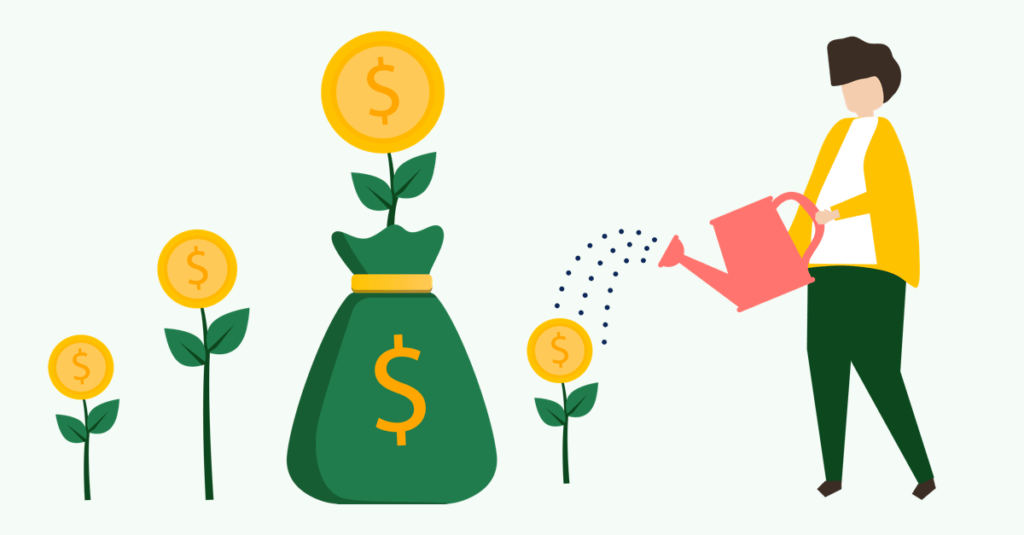Royal London Asset Management, By Mike Fox, Head of Sustainable Investments
Mike Fox considers how sustainable investing has proved advantageous over the long term.
Sustainable investing may have gone mainstream, but for the vast majority of the 17 years that I’ve been managing sustainable funds, it has been on the margins of fund management. Indeed, when
I started in the industry in 1999, I was told that environmental, social and governance factors had no role in investing and weren’t relevant to financial analysis. This view was so ingrained that nobody even thought to question it.
In a way, market participants were right to
be sceptical: financial markets were about to experience the commodity supercycle that made
it difficult not to invest in the global extractive industries leaders in the FTSE 100. Likewise, oil stocks performed strongly as the price of Brent crude rose steadily from below $18 in 1999 to over $111 in 2012. Meanwhile, tobacco stocks defied gravity for years, despite the obvious harm tobacco does to its consumers, driven by emerging markets sales and merger-related cost savings.
Despite this, I’ve always believed that successful investing requires consideration of factors that others disregard, and that sustainable analysis (a variant on ESG analysis) matched this description. So, while sustainable investing helps society, it also has the potential to generate positive returns for investors. I’ve never got lost in believing sustainable investing is a silver bullet though, focusing instead on integrating it into the key investment skills of rigorous financial analysis and valuation, risk management and portfolio construction. In considering sustainability alongside financial factors, I believe we can obtain an edge over traditional fund managers.
It was this that drew me to sustainable investing in 2003. I was intrigued by the cynicism towards sustainability factors. I was fortunate to work at The Co-operative Investments (acquired by Royal London in 2013), which had an open-minded approach to sustainable ideas, changing society and using capital positively. The structural underuse of this information by the investment industry was clear, which therefore meant it could be harnessed to gain an informational advantage and generate alpha.
The challenge is that there is a much longer fuse on sustainable factors compared to financial ones, many of which can play out over three to six months. Sustainable factors can take many years to play out. Global warming took a long time to be recognised and the shift away from carbon-based fuels is taking longer still. Equally, it is only now that tobacco is being seen in a true light, and that share prices have adjusted downwards.
Using sustainable analysis isn’t as straightforward as sifting out ‘bad’ companies and investing in the ‘good’ ones. You have to recognise the potential informational advantage of sustainable analysis; interpret it to reach broadly correct investment decisions; and hold your nerve, sometimes for a long time. Patience is one of the very few aspects of investing that can’t be arbitraged.
I’m fortunate that sustainable investing suits my team’s way of thinking: We are analytical and patient. We don’t particularly like the thrill of the chase, or trying to pick off 10% moves in prices. Instead, we prefer the challenge of identifying industries that will be structurally impaired over the long term and others with potential to grow through factors such as digitisation and data, decarbonisation or the increased focus on health.
And this all comes back to informational advantage. In my view, taking information
that others aren’t looking at, applying it to your investment process on a methodical basis, and then backing your analysis over the long term should generally lead to good performance. I believe in
the ‘aggregation of marginal gains’ approach that Sir Dave Brailsford applied to British cycling with such success. The decisions themselves can be relatively small, but they can aggregate over time to support investment performance.
A good example is from March as the Covid-19 panic engulfed financial markets. By having confidence in our fundamental analysis and a sense of the long-term value of companies, we were able to back our judgement and buy stocks at prices 40% lower than a few weeks before. The pandemic and lockdown might only affect one or two years’ earnings, yet our analysis shows most of the value in these stocks lies much further out.
Although sustainable investing, rightly, will always have strong social and environmental connotations attached to it, it is important to also acknowledge that it is also a value-adding investment style
that should, over time, lead to investment outperformance. Embedding this sustainable, informational advantage, into our investment process was perhaps the single most value-adding decision of my investment career.
This article first appeared on FTAdviser.com
Find out more about our range of sustainable funds – including the recently-launched
RL Global Sustainable Equity Fund – at www.rlam.co.uk/sustainable







